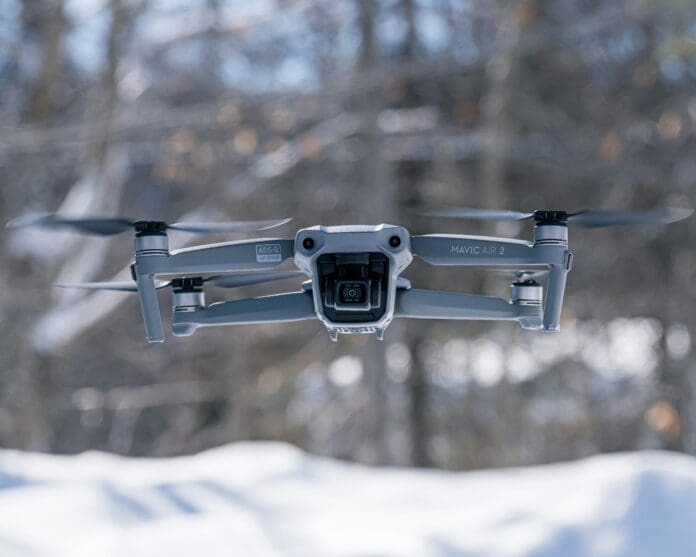This post is also available in:
 עברית (Hebrew)
עברית (Hebrew)
The US Department of Commerce has announced plans to impose new restrictions on drones from China and Russia, citing concerns about the security risks posed by foreign-made technology. This proposal comes amid a wave of unexplained drone sightings across the northeastern United States, which have raised alarm among citizens, lawmakers, and security experts.
The Bureau of Industry and Security (BIS) within the Commerce Department released an advance notice of proposed rulemaking, signaling the potential for a ban on certain unmanned aerial systems (UAS) from these foreign adversaries. The move underscores concerns over the vulnerabilities these drones may present, particularly in terms of remote access and the manipulation of sensitive data. The public has until March 4th to provide feedback on the proposal, with key areas of focus including the definition of UAS, supply chain risks, and potential economic impacts.
Commerce Secretary Gina Raimondo emphasized the importance of securing the UAS supply chain to safeguard US national security. Foreign entities, such as China and Russia, could exploit these drones to access US technologies or sensitive data. Elizabeth Cannon, Executive Director of the Office of Information and Communications Technology and Services (OICTS), echoed this sentiment, underscoring the necessity of the restrictions to protect critical US technology and data.
This move aligns with broader US efforts to limit the import of Chinese technology. Over the past few years, the government has worked to curb the flow of Chinese tech into the country, citing national security concerns. Drones, particularly those made by Chinese giant DJI, have been a focal point. Last year, security flaws were discovered in DJI’s software, leading to concerns about remote manipulation of drones. In response, DJI has since patched these vulnerabilities but continues to face legal challenges, including a lawsuit against the US Department of Defense after being banned from federal contracts.
As the US continues to confront these national security concerns, it remains to be seen how these proposed regulations will reshape the drone market and the geopolitical dynamics between the US, China, and Russia.

























